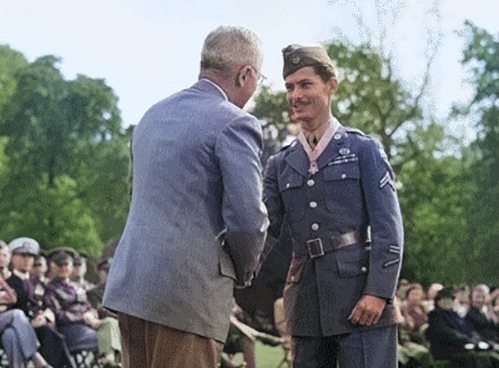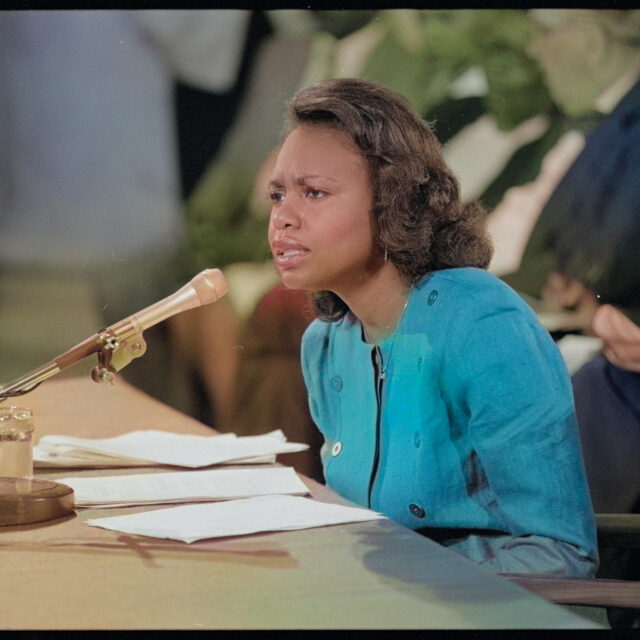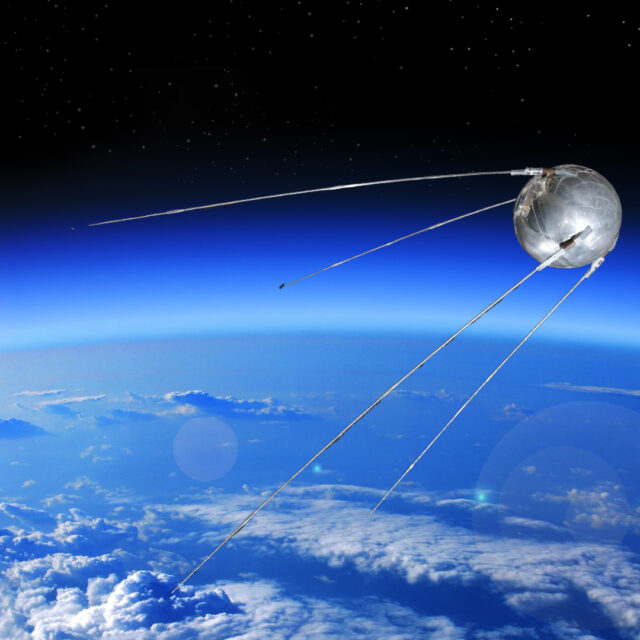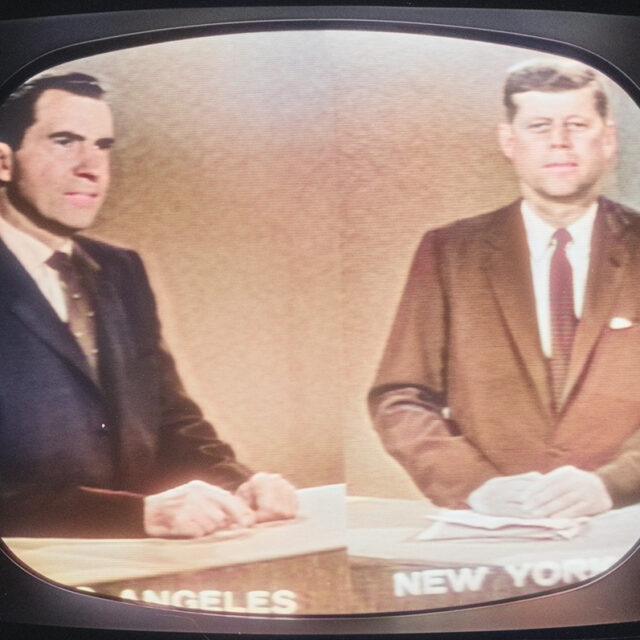
#OTD20 | September 23, 1952
The Start of the Colorado Coalfield War
September 23, 1913: Miners in the Colorado coalfields go on strike, marking the onset of the Colorado Coalfield War.
On this fateful day, over 11,000 miners take a stand against inhumane working conditions and low wages, igniting a conflict that lasts until December 1914. The strike is met with fierce opposition from coal operators and ultimately involves state militia and federal troops.
The situation escalates into violence, leading to the tragic Ludlow Massacre, where striking miners and their families suffer devastating losses. Despite its grim outcome, the Coalfield War prompts national outrage and becomes a catalyst for labor reforms.
This dark chapter in American history underscores the lengths to which workers will go to fight for their rights, as well as the profound social impact of labor struggles.
Viewing Options
The Colorado Coalfield War is set within the context of the early twentieth century reform movement. Our program, "The Progressive Era," is the finest treatment of this important era.
Additional Resources
Access more information from Media Rich Learning and curated off-site sources.
Remarkably social












